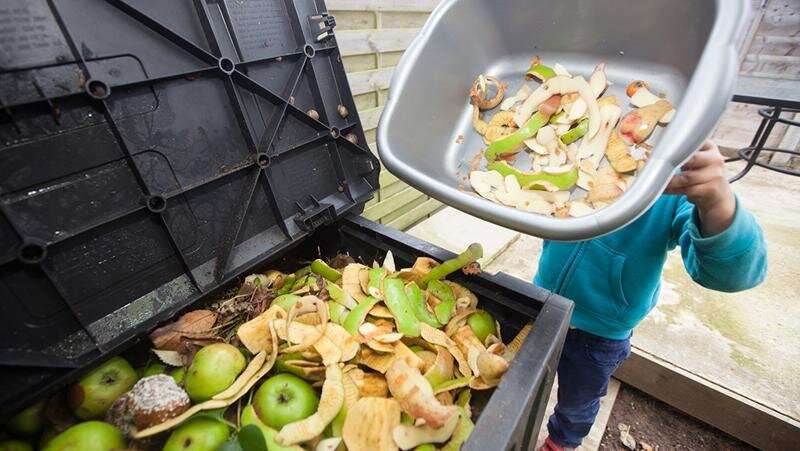Recycle? Recover? New framework aids best practice food waste management

Process engineering Ph.D. researcher Roanna Jones from the QUT Center for Agriculture and the Bioeconomy and Fight Food Waste Cooperative Research Center (CRC) said an estimated 1.3 billion tons of food is wasted globally each year, which is approximately one-third of food intended for human consumption.
“Food producers and retailers face a plethora of options to recover value from food loss and waste and maximize positive outcomes,” Jones said.
“Food loss and waste (FLW) prevention and management has complex and multifaceted environmental, economic and social implications.
“Decision-making frameworks aid selection of FLW management options by comparing the potential benefits and costs of different options. However, these frameworks generally use detailed assessments and multi-criteria decision making (MCDM) methods that are time-consuming and require specialist training or software.
“Consequently, existing frameworks typically compare only two or three FLW management options and do not consider a broad range of available options because it is too expensive. The SeqFLoW framework we developed allows a company to identify a broad range of FLW management options and shortlists options according to key indicators.
“For instance, when considering citrus processing waste, where up to 50%–60% of the fresh fruit weight is discarded as pulp, peel and seeds, we identified more than 80 possible management options and using the SeqFLoW framework we were able to shortlist five options for further consideration.
“The SeqFLoW framework is designed to be accessible and require minimal time, effort and resources, with data that can be acquired primarily through desk-based research. Shortlisting criteria within the SeqFLoW framework is based on key indicators of success or failure, which we identified from critical success factors for circular business models using agricultural waste and by-products.
“These critical success factors can be broadly categorized as technology readiness, market factors, environmental performance, social acceptability and legislative support.”
Jones said food waste could be processed or treated to extract value that would otherwise be lost and potentially reduce the embedded environmental, economic and social impacts.
“While prevention of food waste or redistributing it to humans or animals are preferable options, they are dependent on such variables as food quality and edibility, consumer attractiveness and a reliable redistribution network.
“If these strategies are not feasible, other options include recycling and recovery of valuable components, such as vitamins, lipids, minerals and enzymes or further processing into biomaterials, fertilizers or energy products.
“Additionally, transport distances, market demand, location, product price, energy and chemical demand, required capital and infrastructure, policies, waste legislation and trade agreements also affect the feasibility of a process.”
Jones said that the SeqFLoW framework enables food growers, manufacturers and retailers to assess a broad range of FLW management options, to identify potentially suitable FLW solutions for their business.
“The SeqFLoW framework identifies and assesses key economic and market factors that can be acquired from desk-based research, to provide a high-level overview of the competitiveness of the short-listed processes.”
“SeqFLoW: A systematic approach to identify and select food waste valorisation opportunities” was published in Resources, Conservation and Recycling.
More information:
R.E. Jones et al, SeqFLoW: A systematic approach to identify and select food waste valorisation opportunities, Resources, Conservation and Recycling (2022). DOI: 10.1016/j.resconrec.2022.106732
Citation:
Recycle? Recover? New framework aids best practice food waste management (2023, May 3)
retrieved 3 May 2023
from https://phys.org/news/2023-05-recycle-recover-framework-aids-food.html
This document is subject to copyright. Apart from any fair dealing for the purpose of private study or research, no
part may be reproduced without the written permission. The content is provided for information purposes only.
For all the latest Science News Click Here
For the latest news and updates, follow us on Google News.

